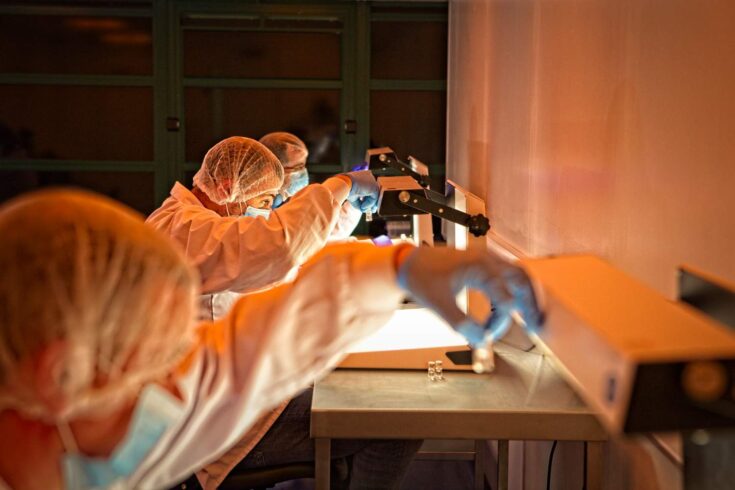The manufacture of gene therapy viral vectors (tools used to deliver genetic material into cells) requires specialised, high-quality manufacturing facilities and technologies. Currently, there is insufficient capacity in the UK and globally.
Symbiosis Pharmaceutical Services is working with the Stevenage Cell and Gene Therapy Catapult (CGTC) manufacturing centre and with clinical-stage biotechnology company Freeline Therapeutics to develop a UK-based supply chain. It has achieved this through a project that ran from November 2018 to October 2021 with funding from UK Research and Innovation’s (UKRI) medicines manufacturing challenge.
John McCormick, COO at Symbiosis, explained:
The overall purpose of the project was to enhance the manufacturing supply chain within the UK for companies developing and producing advanced therapeutic products.
Part of the overall project was to offer a joined-up linked process of drug substance through to drug product, fill finish services as well.
A specialised aseptic environment
Due to the specific handling requirements of advanced therapies, traditional approaches to post-fill or terminal sterilisation are often inappropriate. These therapies must therefore be manufactured and packaged in a specialised aseptic environment, often with specific handling requirements.
Many advanced therapy developers rely on third-party manufacturers to get their product into a format that can be delivered to the patient, typically vials. This manufacturing process is referred to as aseptic fill finish. Symbiosis is a specialist provider of these services.
Although research and development of cell and gene therapies within the UK is progressing rapidly, the process of getting developments from lab bench into the clinic is slow.
Manufacturing these therapies is highly complex, with the need to manage multiple partners within the supply chain while ensuring compliance within a complicated regulatory framework. There are a number of quality control testing requirements within manufacturing, notably for sterility testing, which can affect manufacturing speed.
The project aimed to accelerate manufacturing timelines from bench to clinic without compromising quality or compliance, getting these much needed therapies to patients faster.
Supporting global biotech
Symbiosis supports a variety of global biotech and speciality pharmaceutical companies that require small-scale, sterile injectable products.
Through the £950,000 project, Symbiosis worked with Freeline and CGTC to create new processes and analytical technologies to streamline the transfer of materials between partners. This included aligning quality systems and processes, internalising critical quality control tests and the establishment of new, quicker methods. By internalising quality control, the partners were able to achieve process efficiencies and improve the security of the supply chain.
As a result, Symbiosis can now provide a much quicker service to future customers. It has created an easily customisable set of templates that reduces the average time it takes to transfer materials between sites.
John said:
By understanding and aligning quality systems and collaborating on and designing roadmaps, we were able to accept the drug substance onsite, which saved up to 12 weeks and saved client costs.
This process can be applied to new clients, which really accelerates the programme of work for them.
Top image: Credit: Symbiosis

